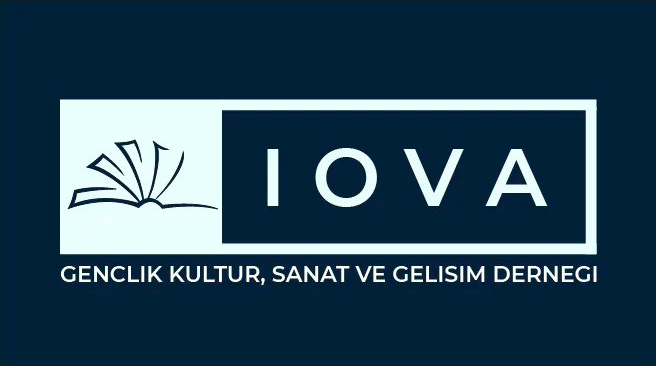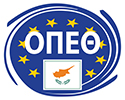|
The Italian Law (Legislative Decree No. 286/98) refers to the Consolidated Immigration Act (TUI), regulating the permitted duration of stay in the following terms:
- Visa (VISA): It is a permit granted prior to travel, allowing entry into Italy for a maximum period of 90 days - FAQ in the link no.1
- Residence Permit: It is a permit issued after arrival in Italy, allowing for longer stays, typically beyond 90 days
Depending on the country of stay and origin and the length of stay and reason, you can discover how to obtain and apply for a VISA by visiting the database VISA for Italy - link no.2.
The residence permit (article 5 of the Consolidated Immigration Act) is issued by the competent police headquarters depending on the province in which the foreigner is located. It must be requested within 8 working days (excluding Sundays and holidays).
The duration of the residence permit aligns with the terms specified in the entry visa and must not exceed the following periods:
- Three months (90 days), for visits, business and tourism (VISA)
- Nine months, for seasonal work
- One year, for attending a certified study or professional training course; annual renewal is expected for multi-year courses - link no.4
- Two years, for self-employment, for permanent employment and for family reunification
- Duration linked to specifically documented needs and in the other provisions of the Consolidated Immigration Act
Renewal of the residence permit must be requested at the appropriate police station for the province of residence at least 60 days before its expiration to ensure compliance with the prescribed conditions.
If you are considering applying for international protection, consult the guide for asylum seekers in Italy - link no.5. In this guide you will find information on how to submit the request, criteria applied, requirements, rights and duties, useful addresses and numbers.
If an asylum request is denied, a residence permit for special protection (further details available on link no.6) may be issued under specific conditions outlined in points 1 and 1.1 of the initial paragraph of Article 19 of TUI. This article safeguards individuals from expulsion or refoulement to a country where they could face persecution based on their race, gender, sexual orientation, gender identity, language, nationality, religion, political beliefs, personal or social circumstances, or where they might be at risk of being returned to a state without protection from persecution. |
1. Entry into Italy (FAQ)
https://www.esteri.it/en/sportello_info/domandefrequenti/sezione_visti_entrare_in_italia/
2. Visa for Italy (Database)
https://vistoperitalia.esteri.it/home/en
3. Visa and residence permit
https://www.interno.gov.it/it/temi/immigrazione-e-asilo/modalita-dingresso/visto-e-permesso-soggiorno
4. Permit of stay for study purposes
https://www.gssi.it/ALL 1 INSTRUCTIONS TO APPLY FOR THE ITALIAN PERMIT OF STAY.pdf
5. Guide for asylum seekers in Italy
https://www.interno.gov.it/sites/default/files/allegati/la_guida_in_inglese.pdf
6. Residence permit for special protection
https://integrazionemigranti.gov.it/en-gb/Ricerca-news/Dettaglio-news/id/3235/What-changed-for-the-residence-permit-for-special-protection-after-the-so-called-Cutro-Decree |







